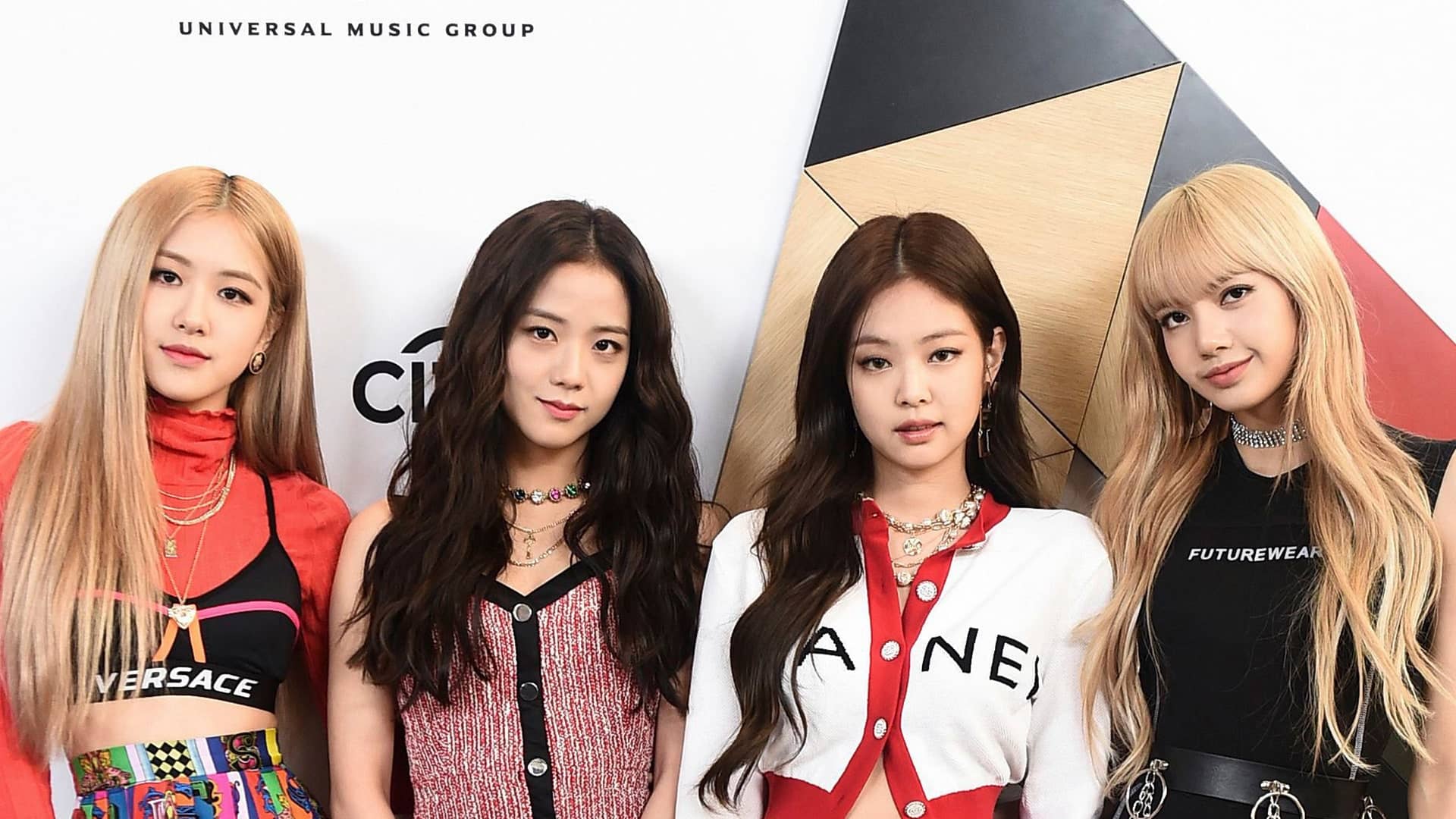Cultural Exchange and Collaboration between North and South Korea through K-Pop: North Korean Kpop

North korean kpop – K-pop, the global phenomenon that has captivated audiences worldwide, has emerged as a potent force in fostering cultural exchange and dialogue between North and South Korea. Through its infectious melodies, captivating performances, and relatable lyrics, K-pop has transcended political boundaries, creating opportunities for collaboration, understanding, and potential reconciliation.
One significant initiative that has promoted cultural exchange through K-pop is the Inter-Korean Joint Concert. Held in 2018, this historic event brought together renowned artists from both North and South Korea to perform on the same stage. The concert showcased the shared cultural heritage and artistry of the two Koreas, fostering a sense of unity and shared purpose.
Cross-Border Collaborations
Beyond the Inter-Korean Joint Concert, numerous cross-border collaborations between North and South Korean artists have taken place. These collaborations have facilitated creative exchanges, showcasing the diversity and talent of both countries’ music scenes. One notable example is the collaboration between the South Korean boy band BTS and the North Korean singer Hyon Song-wol, which resulted in the release of the song “Spring Day.” Such collaborations have provided a platform for artists from both sides of the border to connect, share their perspectives, and promote cultural understanding.
Potential for Reconciliation and Reunification
The potential of K-pop to contribute to reconciliation and reunification efforts between North and South Korea cannot be underestimated. By fostering dialogue, understanding, and shared cultural experiences, K-pop can help bridge the divide that has separated the two Koreas for decades. The shared love for K-pop among people from both sides of the border has created a common ground, promoting empathy and breaking down stereotypes. As cultural exchange continues through K-pop, it can pave the way for further cooperation and dialogue, ultimately contributing to the long-term goal of reunification.
Ethical Considerations and Challenges in Engaging with North Korean K-Pop

Engaging with North Korean K-Pop presents ethical dilemmas and challenges that require careful consideration. The potential benefits and risks of such engagement must be weighed, and responsible practices should be established to ensure ethical collaboration.
Potential Risks, North korean kpop
- Propaganda and Censorship: North Korea’s strict censorship and propaganda efforts may influence the content and messaging of K-Pop produced by North Korean artists, raising concerns about the potential for manipulation and suppression of artistic expression.
- Human Rights Violations: Collaboration with North Korean artists could inadvertently support a regime known for human rights violations, potentially legitimizing its actions and undermining efforts to promote human rights in the country.
- Economic Exploitation: North Korea may exploit K-Pop collaborations to generate revenue, which could potentially be used to fund its nuclear program or other activities that violate international law.
Potential Benefits
- Cultural Exchange and Dialogue: K-Pop can serve as a bridge for cultural exchange and dialogue between North and South Korea, fostering understanding and reducing tensions.
- Artistic Expression and Creativity: Collaborations with North Korean artists can promote artistic expression and creativity, showcasing the unique talents and perspectives of North Koreans.
- Economic Cooperation: K-Pop collaborations could contribute to economic cooperation between North and South Korea, creating opportunities for growth and development in both countries.
Recommendations for Responsible Practices
- Transparency and Disclosure: Collaborators should be transparent about their interactions with North Korean artists, disclosing any financial arrangements or potential conflicts of interest.
- Respect for Artistic Integrity: Collaborations should prioritize the artistic integrity of North Korean artists, ensuring that they have the freedom to express themselves without censorship or manipulation.
- Human Rights Monitoring: Organizations engaging with North Korean K-Pop should monitor the human rights situation in the country and advocate for the protection of artists and their families.
- Economic Accountability: Collaborations should ensure that revenue generated from K-Pop activities is not used to support North Korea’s nuclear program or other illicit activities.
The North Korean pop music scene, with its vibrant rhythms and captivating melodies, has been making waves globally. However, even amidst this cultural exchange, political controversies linger. The recent desantis vetoes in the United States have cast a shadow over the potential for further collaboration between North and South Korea in the entertainment industry.
Despite these setbacks, the allure of North Korean kpop continues to captivate audiences worldwide, offering a glimpse into a culture both enigmatic and enchanting.
The enigmatic world of North Korean K-pop has captivated global audiences, showcasing the unique blend of artistry and propaganda that defines the secretive nation. However, amidst the fervor surrounding this phenomenon, it’s worth noting the significant impact that American football, particularly the Pittsburgh Steelers’ Brandon Aiyuk , has had on the broader sports landscape.
While seemingly worlds apart, the rise of both North Korean K-pop and Aiyuk’s impressive performances on the gridiron serve as testaments to the captivating power of human creativity and the allure of global entertainment.